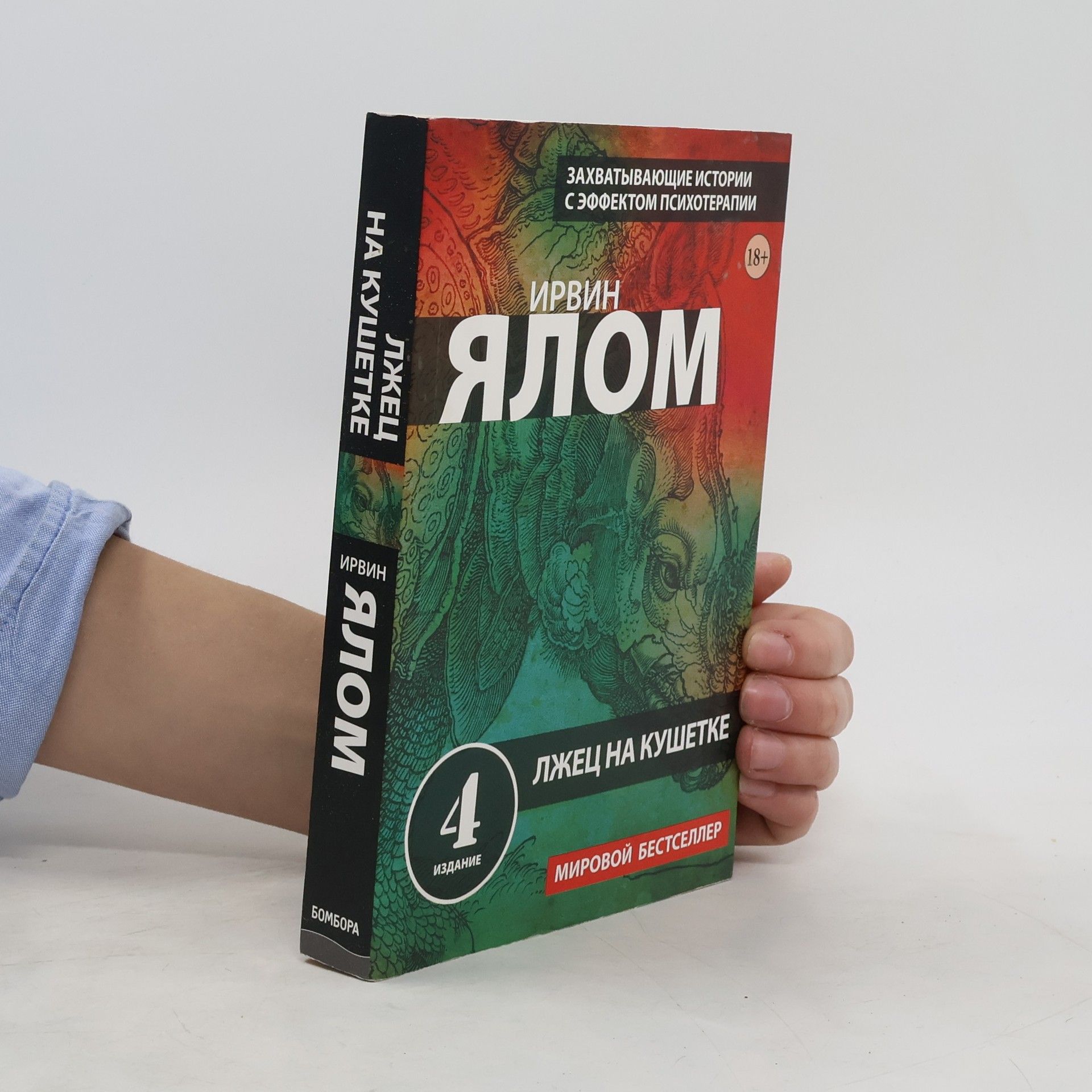Hodina srdce - Spojeni tady a teď
- 288 pages
- 11 hours of reading
Co když máte na terapeutický rozhovor právě jen tu jednu hodinu? Nic víc, nic delšího, žádné pokračování? Může se během jedné hodiny člověk skutečně otevřít? A co terapeut, pojme během omezeného času to, co mu chce klient sdělit, a dospějí spolu k nějakému závěru? Kniha slavného psychologa a spisovatele nabízí příběhy, které se odehrály během jediného hodinového sezení, jež navíc proběhlo online. Mezi jeho klienty se objevují lidé z celého světa a během intenzivních hodin, kdy občas obě strany zápasí s připojením nebo nastavením mikrofonu, se odehrávají intimní a velmi osobní setkání. Irvin Yalom už totiž ve svém věku nemá co ztratit, a tak se jako jeho románový terapeut Ernest ze Lží na pohovce rozhodl pro upřímnou terapii. Nebude se před klienty schovávat, řekne jim o sobě i věci, které by jinak možná tajil. To jim pomůže otevřít během jedné jediné hodiny celé jejich srdce.










